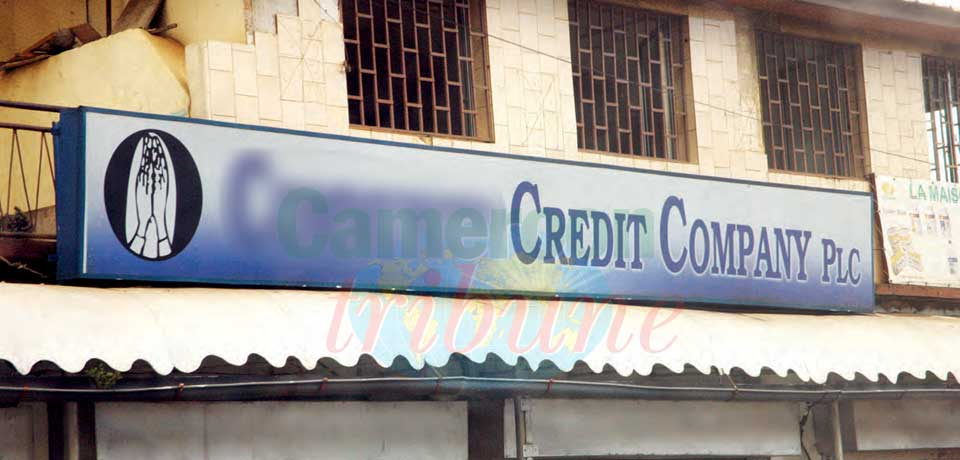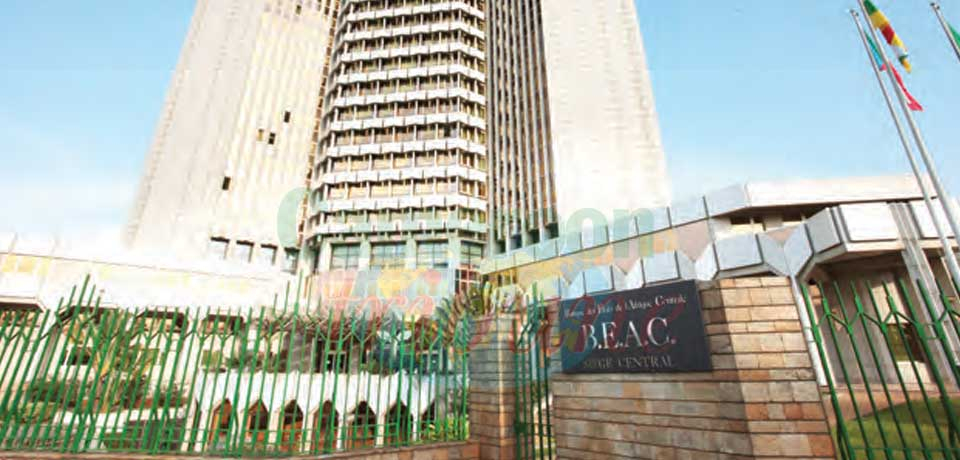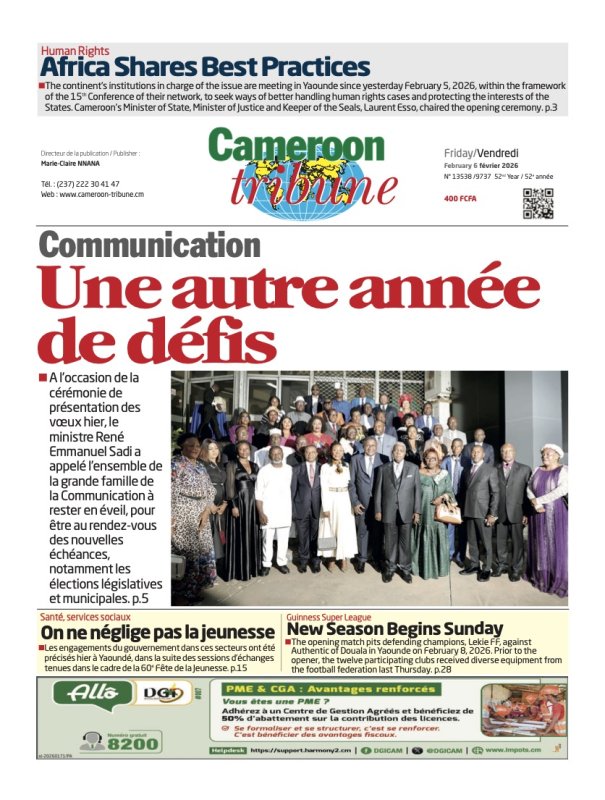Banking Services: Innovations Are Crucial!
- Par Godlove BAINKONG
- 11 Dec 2023 12:06
- 0 Likes
Working money, storing it in financial institutions and using it when and how the owner desires is fast evolving with the evolutions in technology. From hoarding money in houses to creating bank accounts where it is stored through queuing up in counters t
There are cheques to fill and withdraw money at bank counters, electronic cards to withdraw money at Automatic Teller Machines (ATM), credit and debit cards with which people can make purchases and even the option of connecting one’s mobile telephone money account to his or her deposit and savings accounts. The bottom line is modernising banking services by reducing corruption-prone and time-consuming physical contacts and obviously pre-empt thievery that most often stems from information flow on who withdrew how much, where.
The e-banking option which is increasingly being embraced by many in the country is known to be safe, fast, easy and efficient and enables users to access their bank accounts and carry out online banking services round the clock: 24 hours a day and seven days a week. Users can testify that with this service, many are able to save time by carrying out banking transactions at any place of their convenience and at any time; from the comfort of their homes or offices.
From the early days of banking when one absolutely needed to go line up in a pay counter or meet his or her account manager to collect money or any vital information, the evolution in banking services offer customers the opportunity to access at their convenience, accurate statement available in their bank accounts, statement of current account, credits, overdrafts and deposits and the execution of national and international transfers in various currencies. They are also able to execute all types of utility bill payments (electricity, water, telephone, etc.), carry out customs payments and the management of their credit cards.
Simply put; citizens now have the options to withdraw their cash when they want and even move with their electronic wallets with which they carry out any transaction provided the other party has the options to accept electronic transactions. Money is withdrawn from banks even on weekends with the use of electronic cards, payments are made easier and the perennial problem of the availability or not of coins, especially in markets during business transactions, laid to rest with electronic payments. In fact, this facilitates transactions and helps in partly solving the financial inclusion equation in the country. Impressive headways!
The advances are so good that any difficulty encountered by either the customer or service supplier must be carefully handled and in all celerity. And the difficulties are many and multifaceted. There are teller machines that are difficult to access, some that quickly run out of cash, cards increasingly blocked in machines, frequent breakdown of ATM services, unreliability of ATM services, no-readily available technicians to attend to breakdowns of ATM machines and lack of alternative systems to ATM services when problems occur. It is difficult to know if the problems are due to the country’s relatively infancy stage in e-banking or the somehow not-so-conversant users on some technicalities. For, according to a study, “Electronic Banking Transactions and Their Effects on the Performance of Selected Commercial Banks in Cameroon” by Anselm Ngwa N., electronic banking transactions are still relatively at their infancy in Cameroon, compared to other African countries like Nigeria, South Africa, Kenya, and Zimbabwe, which embraced e-banking many decades ago.” He holds that before 1997, only face-to-face banking was applicable in Cameroon, as there were very little electronic banking transactions.
It is true that since then, so much has changed in terms of banks’ readjustment with the digital age and the level of awareness of the population keeps increasing with each passing day. But there is much to be done. It would be customer-friendly for banking institutions to multiply their agencies, ATM machines and other services geared towards modernising operations. A few agencies would mean absorbing so many people who would have served themselves better had transaction points spread across the cities and even some rural areas where the customer base would allow the banks to break even. While there is need to improve on the quality and number of payment terminals, possibilities of better guaranteeing the safety of customers must as well be given serious reflection. Allowing them in open air exposes customers to assaults from indi...
Cet article complet est réservé aux abonnés
Déjà abonné ? Identifiez-vous >
Accédez en illimité à Cameroon Tribune Digital à partir de 26250 FCFA
Je M'abonne1 minute suffit pour vous abonner à Cameroon Tribune Digital !
- Votre numéro spécial cameroon-tribune en version numérique
- Des encarts
- Des appels d'offres exclusives
- D'avant-première (accès 24h avant la publication)
- Des éditions consultables sur tous supports (smartphone, tablettes, PC)














Commentaires